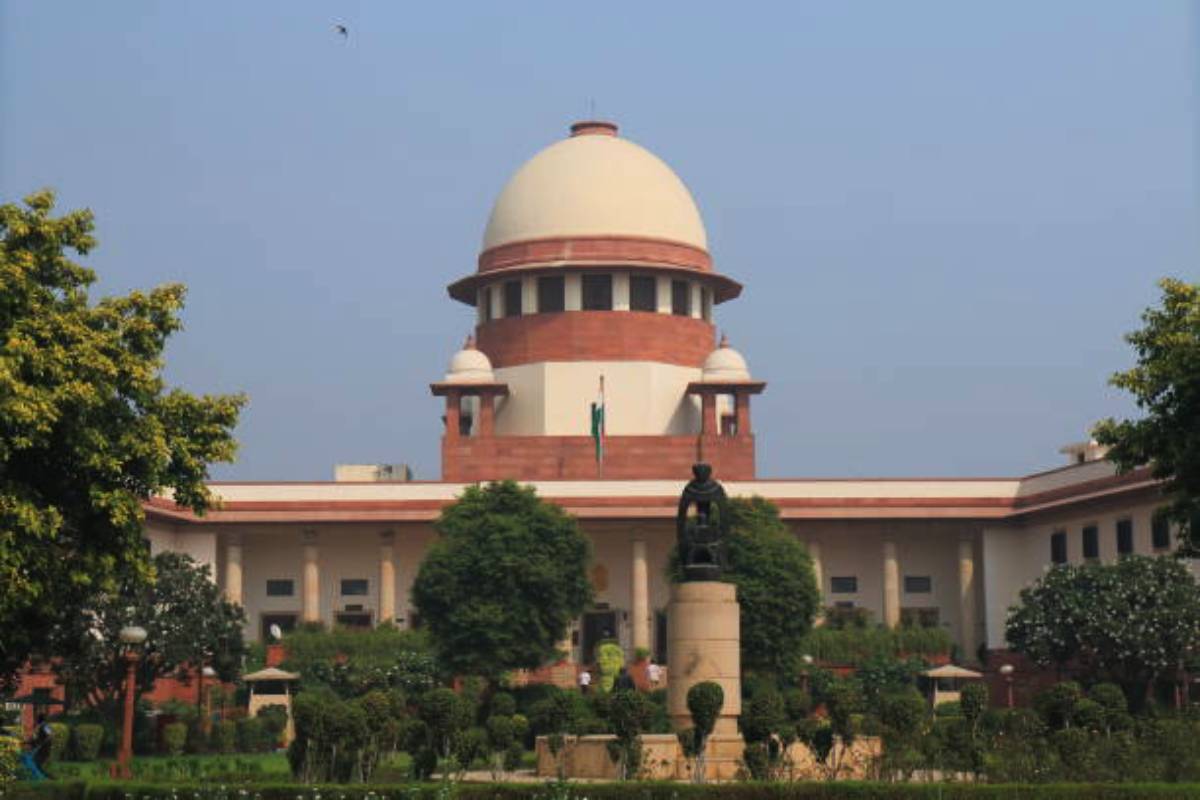Urban Governance
India’s urbanisation is progressing at an unprecedented pace, with the number of statutory towns growing significantly in recent years.
The Centre in its application has said that the legal recognition of same sex marriage and its parity with the existing concept of marriage, has a far-reaching implication.

Representational Image
Describing the same sex marriage as an urban elitist view seeking social acceptance, the Centre on Monday asked the Supreme Court to keep-off from adjudicating the issue seeking its legal recognition as it falls within the exclusive domain of the legislature coupled with legislative policy and adherence to societal ethos, common values, shared beliefs across religions.
Advertisement
Asserting that it was for the legislature and not the court to decide the issue of same sex marriage, the Centre has said: “What is presented before this Hon’ble Court is a mere urban elitist views for the purpose of social acceptance” and “The constitution has empowered only the competent legislature to decide a legislative policy as to which social relationship or “union” should be recognized, …”
Advertisement
Solicitor General Tushar Mehta in a mention today before a bench headed by Chief Justice DY Chandrachud said that prior to the commencement of the hearing scheduled for Tuesday – April 18 – on the petitions seeking legal recognition of same-sex marriage, the Centre’s preliminary objections to the maintainability of the issue before the court should be heard.
The Central government in its application has said that the “recognition of human relations like that of a “marriage” is essentially a legislative function and the courts cannot either create or recognize any institution called “marriage” either by way of a judicial interpretation or striking down/reading down the existing legislative framework for the marriages, which undoubtedly occupies the field.”
This necessarily includes a decision based on the legislative policy as to whether the marriage as a socio-legal institution should be between a heterosexual couple or a same sex couple.
The Centre in its application has said that the legal recognition of same sex marriage and its parity with the existing concept of marriage, has a far-reaching implication. The existing concept of marriage is governed by the existing legal regime and has a sanctity attached to it in every religion in the country.
The Centre has also said that marriage is a “socio-legal institution which can be created, recognized, conferred with legal sanctity and regulated only [by making incidental provisions like divorce, alimony, etc. by a law which can be enacted by the legislature under Article 246 of the Constitution of India. It said that such legislation depends upon the legislative policy of the concerned legislature.
A five-judge constitution bench comprising Chief Justice DY Chandrachud, Justice Sanjay Kishan Kaul, Justice Ravindra Bhat, Justice Hima Kohli and Justice Pamidighantam Sri Narasimha is going to commence hearing from Tuesday – April 18 – on a bath of petitions seeking legal recognition of same sex marriage – a plea that is being opposed by the Central government and others including some former judges of High Courts who feel that it is contrary to the socially accepted concept of marriage.
Advertisement